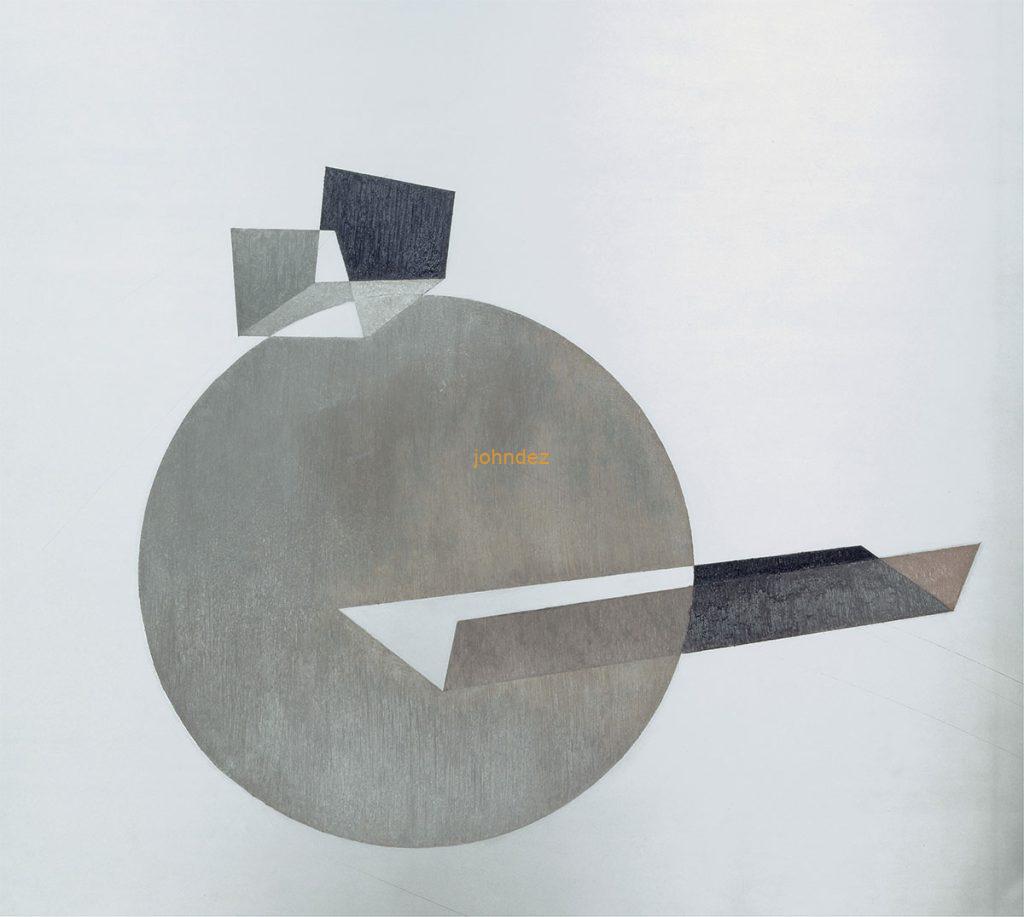The Bauhaus philosophy is anchored in the synthesis of functionality and aesthetic appeal, integrating art into the fabric of daily life as an antidote to the mass production of the industrial era. Its curriculum was an integrated tapestry of crafts and fine arts, with technology serving as a cornerstone for achieving design excellence.
A New Design Ethos
The Bauhaus School of Design pioneered a philosophy that was revolutionary for its time, breaking down the longstanding barriers between fine art and applied arts. This philosophy was not just about creating functional and aesthetically pleasing designs; it was a comprehensive approach that sought to integrate art into the fabric of everyday life. The Bauhaus ethos was a direct response to the impersonal and mechanized production methods of the industrial age, striving to bring a sense of humanity and artistic integrity back into design.
Harmonizing Art and Functionality
At the Bauhaus, functionality did not come at the expense of aesthetics. Instead, the school emphasized the importance of both in equal measure. The Bauhaus philosophy contended that every object, no matter how utilitarian, should be designed with aesthetic consideration, making beauty and practicality not just compatible, but inseparable. This approach resulted in designs that were not only efficient and easy to use but also visually appealing and emotionally resonant.
A Comprehensive Curriculum
The curriculum at the Bauhaus was a unique blend of practical craftsmanship and theoretical study. It included workshops in carpentry, metalworking, weaving, pottery, typography, and painting, alongside courses in theory and the principles of design. This combination was intended to create a new breed of artists and designers, proficient in both the practical skills of craftsmanship and the abstract thinking of fine arts.
Embracing Technology
A key aspect of the Bauhaus philosophy was its embrace of technology. The school did not reject industrial techniques; rather, it sought to harness them in the service of better design. This approach involved understanding the capabilities and limitations of machines and using this knowledge to inform the design process. The result was a range of products that could be mass-produced without sacrificing their artistic integrity.
The Social Dimension
Beyond aesthetics and functionality, the Bauhaus philosophy also had a social dimension. It aimed to improve people’s lives through design, making well-designed objects accessible to the masses. This democratization of design was revolutionary, challenging the idea that beautiful and functional objects should be reserved for the elite.
Legacy and Influence
The Bauhaus design philosophy has had a profound and lasting impact on modern design. Its principles of simplicity, efficiency, and the synthesis of art and technology have become foundational in various design disciplines, from graphic design and architecture to furniture and industrial design. The Bauhaus legacy is a testament to the enduring power of its vision: that functional objects can also be beautiful, and that good design is essential to the human experience.
Dive Deeper…
Exploring the Legacy of the Bauhaus School of Design
Bauhaus Design Philosophy: Bridging Function and Aesthetics
Key Figures of the Bauhaus: Pioneers of Modern Design
The Bauhaus and Its Revolutionary Impact on Industrial Design
The Bauhaus Influence in Art and Architecture: A Legacy of Minimalism and Functionality
Bauhaus Legacy and Modern Interpretations: Timeless Influence in Design
The Timeless Chairs of the Bauhaus Movement and Beyond
Whimsical Chronicles of Gin & Brain... They say beauty's only skin deep, but the Bauhaus bunch dug deeper, finding pretty in practical and making the mundane magnificent. So, Gin, how do we dress up the drab?" "With a splash of Bauhaus, Brain! If your toaster isn't a piece of art, you're not breakfasting right. Mrs. Cunk says, 'Toast to that!
